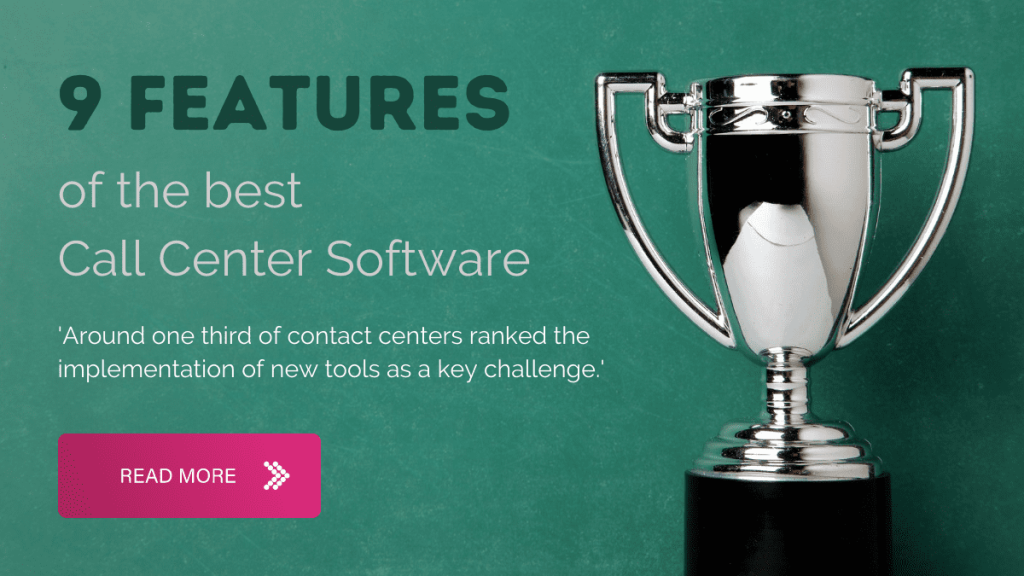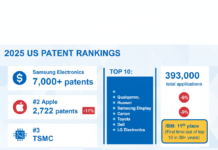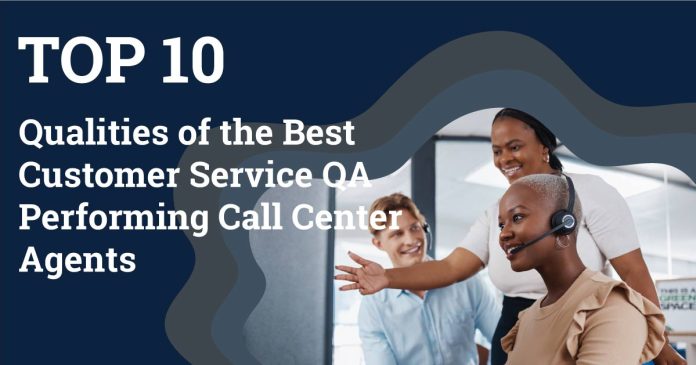Introduction
A contact center solution is an important component of your overall customer experience strategy. It’s a centralized place where agents can respond to all incoming inquiries from customers, no matter how they reach out to you. Contact centers are also an essential part of today’s omnichannel approach to customer service: With many consumers expecting companies to be available on multiple channels, it’s important for businesses to provide seamless phone, chat and email support from a single interface. Here’s everything you need to know about contact center software—from the basics of what makes this technology work so well for businesses today, through how much it costs or saves you over time.
What is a contact center?
A contact center is a centralized place where customers can reach businesses. It’s also known as a customer service solution that provides a single point of contact for all customer interactions. This allows businesses to provide a better experience by addressing issues faster and more efficiently, thereby increasing revenue by increasing customer satisfaction.
Why should you use a contact center?
Contact centers are designed to help businesses improve their customer experience, retention, satisfaction and sales. They can also have a positive impact on the bottom line. The following are some of the main benefits of using contact centers:
- Improved Customer Experience – A well-managed contact center is designed to provide excellent service that keeps customers happy and prevents them from switching to competitors. This will result in increased loyalty among existing customers while attracting new business through referrals or social media recommendations.
- Improved Customer Retention – Good customer service increases loyalty which leads to better retention rates over time because you’re building relationships with people who trust you enough not just today but also tomorrow.”
How to choose the best contact center software
Choosing the right contact center solution is a challenge, but it doesn’t have to be.
When choosing a contact center solution, there are some things you should keep in mind:
- How easy is it to use? If you’re not sure how to use your new system, or if it takes too much time and effort for your employees or customers, then you won’t get the most out of whatever investment you’ve made.
- Is the solution flexible enough that I can use it for different purposes over time? Some companies start with one product and then expand into another area later on–so they need something that can adapt over time without making major changes or breaking everything down again from scratch (which would take even more resources).
- Can my company scale up easily with this software as we grow larger? Any good software provider should offer multiple tiers so that businesses don’t have to start over every time they want additional features or capacity–but only if those higher-end options really add value at reasonable prices!
- Zendesk Talk: Best overall
- RingCentral Contact Center: Best for growing businesses
- Freshdesk: Best for established businesses
- LiveAgent: Best for providing text-based support
- Aircall: Best for traditional call centers
- Twilio Flex: Best for customizing a call center
- Channels: Best for outbound calling
- Five9: Best for automatic call routing
- Dialpad: Best for strictly phone support and sales
- Convoso: Best for telemarketing companies
How much does it cost to use a contact center?
Contact centers are one of the most cost-effective ways for a business to increase its customer satisfaction, but you may be wondering how much it costs to use one.
The answer depends on several factors, including the size of your company and what industry you’re in. The average cost per call typically hovers around $10-$15; however, this number can vary widely depending on what type of services your contact center provides. For example:
- Smaller businesses tend to have lower operating costs because their needs are simpler than larger companies’. A small business might only need basic live chat or email support options for example–a service which would cost them less than having full-fledged agents answering calls 24/7 every day (which would require more staff members).
- Companies in crowded industries like retailing will generally spend more money on customer service than those who operate niche businesses such as insurance agencies or law firms where there aren’t many competitors nearby offering similar products/services at competitive prices
Contact centers are a great way to improve customer experience and grow revenue.
Contact centers are a great way to improve customer experience and grow revenue. If you’re thinking of implementing a contact center solution, here are some reasons why it’s worth exploring:
- Contact centers improve customer experience. Customers want their interactions with businesses to be simple, easy and fast–and they expect that from every interaction they have with your company. A contact center can help streamline the process so customers don’t get lost in phone trees or wait on hold for long periods of time before speaking with someone who can help them resolve their issue or answer their questions in real time (or at least close enough).
- Contact centers can be used to grow revenue by increasing conversion rates through better service delivery across multiple channels including live chat, email and social media platforms such as Facebook Messenger or WhatsApp Messenger (which have become popular among younger generations).
- Contact centers reduce costs by automating certain functions such as call routing so employees aren’t bogged down answering basic questions themselves; instead they’re able to focus on solving complex problems that require higher levels of expertise.”
What Is Call Center Software?

Call center software is a platform that automates the routing of inbound and outgoing client calls. The majority of them employ IVR functionality to automate routing, reducing the requirement for live operators. The majority of contact center platforms are cloud-based and employ voice-over-internet-protocol (VoIP) systems, which allow you and your customers to make web-based calls (for example, through click-to-call links on your website).
How To Choose the Best Call Center Software
Choosing the right call center platform for your company entails more than just cost and call routing functionality. Consideration must be given to the larger picture. The method of deployment and installation is just as crucial as whether you’ll have a dedicated support agent to assist you with the software launch. Consider the following while looking for a call center solution.
Essential Features to Consider
Omnichannel Communication
Interactive Voice Response (IVR)
Automatic Call Distribution (ACD)
Call Routing
Call Monitoring and Recording
Analytics and Reporting
Rich analytics is one of the most significant aspects that call center managers look for in software. There are several measurable and necessary call center metrics that are critical to your support team’s success. Keep a watch out for the following reports and analytics:
- Customer satisfaction
- Cancellation rates
- Subscription rates
- Number of calls, such as daily, weekly or monthly
- Inbound vs. outbound calls
- Number of cases, such as total, open or closed
- Hold times
- Length of calls
Conclusion
We hope this article has helped you to understand the benefits of contact centers and how they can help your business. Contact centers are not just for big companies anymore; they’re an essential part of any successful business and can be used by any size organization looking to improve their customer experience and increase sales.
























